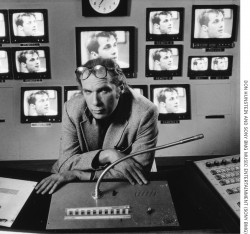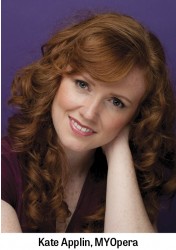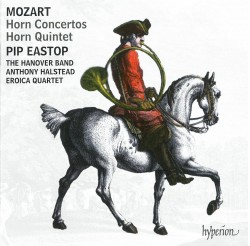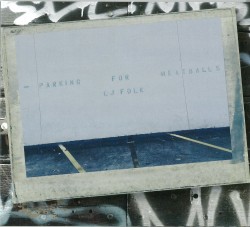Honouring Glass - 2015 GGF Glenn Gould Prize Laureate announced
 The April 14 announcement of Philip Glass from the Koerner Hall stage as the 2015 winner of the $100,000 Glenn Gould Prize was perhaps more imbued with history for one of the jurors, pipa player Wu Man, than anyone else on the stage. Granted, she was just one of a distinguished international jury of ten (including jury chair Bob Ezrin). They convened in Toronto for a 48-hour period, charged with the near-impossible task in that short time of whittling down to one winner a briefing book of 80 nominees.
The April 14 announcement of Philip Glass from the Koerner Hall stage as the 2015 winner of the $100,000 Glenn Gould Prize was perhaps more imbued with history for one of the jurors, pipa player Wu Man, than anyone else on the stage. Granted, she was just one of a distinguished international jury of ten (including jury chair Bob Ezrin). They convened in Toronto for a 48-hour period, charged with the near-impossible task in that short time of whittling down to one winner a briefing book of 80 nominees.
Where Wu Man stood out on the jury is that in her previous brush with the Glenn Gould Foundation, she was a winner herself – not of the Glenn Gould Prize, but as 1999 Gould laureate Yo-Yo Ma’s choice for the accompanying City of Toronto protégé prize, whom the laureate himself (yes so far the laureates have all been men) chooses.
Being chosen as Ma’s 1999 protégé was immensely significant for Wu Man. “When I received the protégé prize in 1999 I can say it changed my musical life,” she told me backstage at Koerner, after the announcement, “because in 1999 I was just landed in North America from China and the prize actually inspired me to think of larger musicianship and encouraged me to explore new ways to communicate with people through music. So this year I am back but since 1999 I have been working differently in music. It’s a great honour to be back and sitting in the jury side by side with all those highly respected individuals.”






